
Bailey Loosemore
Food & Culture Reporter

Food & Culture Reporter
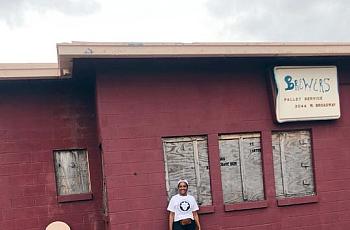
The Courier Journal's continued coverage of food insecurity in Louisville is supported by the University of Southern California Center for Health Journalism's 2018 National Fellowship....
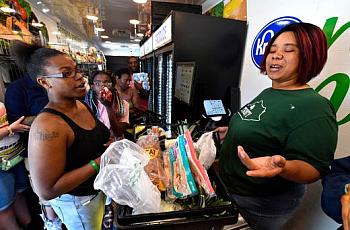
The Courier Journal's continued coverage of food insecurity in Louisville is supported by the University of Southern California Center for Health Journalism's 2018 National Fellowship....
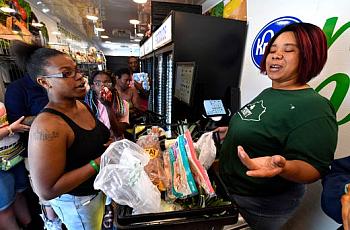
The Courier Journal's continued coverage of food insecurity in Louisville is supported by the University of Southern California Center for Health Journalism's 2018 National Fellowship....
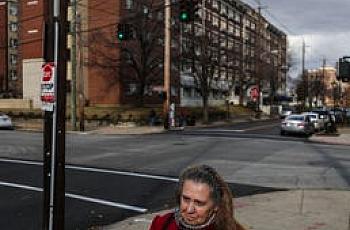
This story was produced as a project for the 2019 California Fellowship.
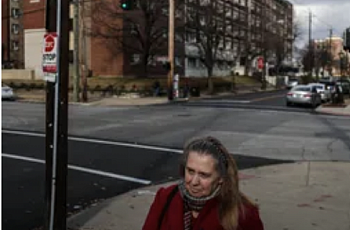
The Courier Journal's continued coverage of food insecurity in Louisville is supported by the University of Southern California Center for Health Journalism's 2018 National Fellowship.
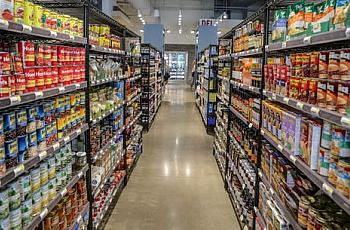
The Courier Journal's continued coverage of food insecurity in Louisville is supported by the University of Southern California Center for Health Journalism's 2018 National Fellowship....
The Courier Journal's continued coverage of food insecurity in Louisville is supported by the University of Southern California Center for Health Journalism's 2018 National Fellowship....
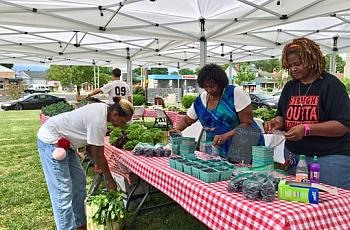
A bag of local organic produce — from fresh corn to tomatoes to broccoli to snap peas — would typically cost more than $30 to buy at any store or farmers markets. But for workers at two Louisville companies, the same bag will cost just $5 this summer.
Rural communities nationwide are often hit hardest by food insecurity, meaning the people who live there don't have enough access to healthy, affordable food. Kentucky, according to recently released national data, is no exception.
As more grocery stores close than open in Jefferson County, some residents say they're still disappointed that the buildings will not again provide food to their communities.